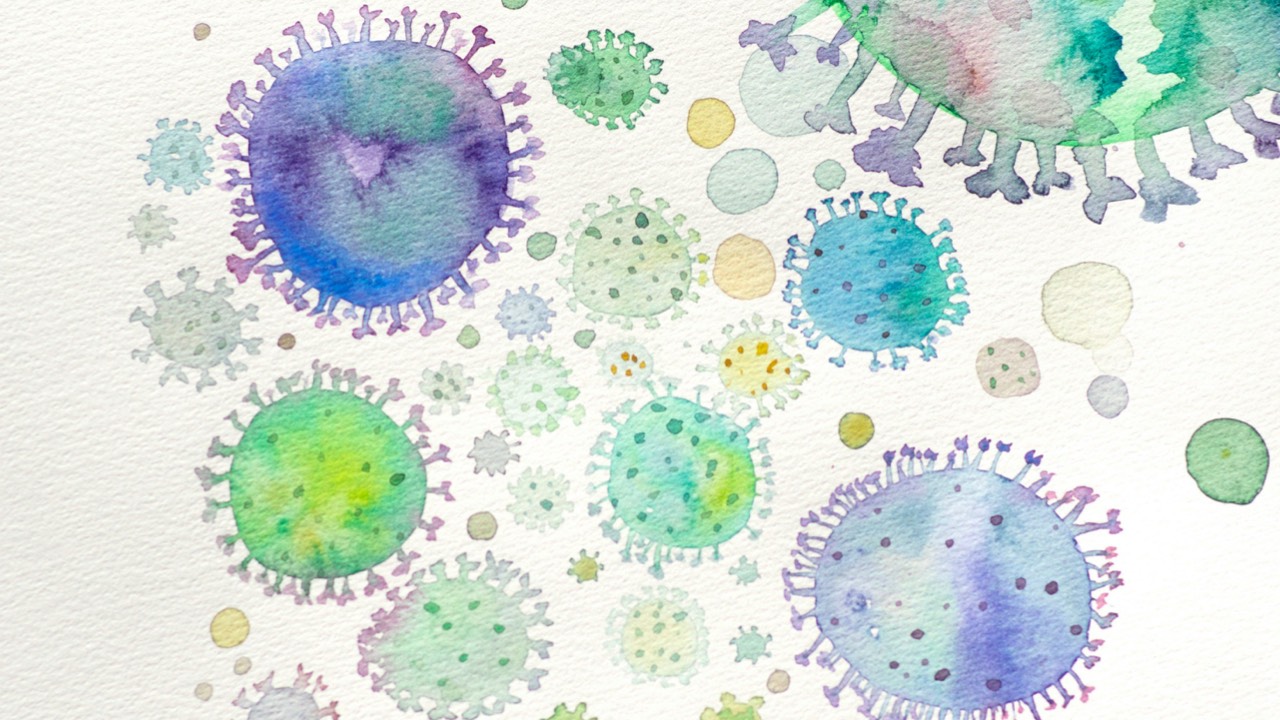The Impact of Antibiotics on Gut Microbiome Diversity
Apr 05, 2024
The human gut microbiome plays a crucial role in maintaining our health and well-being. It is composed of trillions of microorganisms, including bacteria, fungi, archaea, and viruses, all residing in the gastrointestinal tract. Among the myriad of bacterial species constituting a healthy human gut microbiome are Firmicutes (40%), Actinobacteria (20%), and Bacteroidetes (19.7%). If we take a look from a bird’s eye view, it consists of 8 phyla, 18 families, 23 classes, 38 orders, 59 genera, and 109 species. This diversity is what we typically associate with a “healthy” human microbiome.
The gut microbiome impacts virtually every aspect of our health and well-being. It influences a wide range of conditions, from eating disorders such as anorexia, to mental health issues like anxiety, depression, and schizophrenia, as well as chronic diseases including obesity, diabetes, irritable bowel syndrome (IBS), and inflammatory bowel disease (IBD). It also plays a role in allergies and numerous other conditions. Researchers worldwide are exploring the connections between our gut's microbial inhabitants and diseases such as asthma, acne, Alzheimer's disease, psoriasis, and more. This exploration underscores the profound influence our gut microbiome has on every facet of our life and health, highlighting the importance of protecting it. Being aware of factors that can negatively affect or even destroy our gut microbiome is crucial for maintaining our overall health.
Certain factors, notably antibiotics, can have a significant impact on our gut microbiomes. Antibiotics, while crucial for combating bacterial infections, indiscriminately target bacteria, including the beneficial ones residing in our gut. This non-selectivity can lead to diminished microbiome diversity as some bacterial species are more vulnerable to antibiotics than others.
Research indicates that antibiotic usage can cause a temporary reduction in microbial diversity, with recovery times varying among different species. A diverse gut microbiome is fundamental for optimal digestion, immune function, and overall health. Therefore, the potential for antibiotics to disrupt this diversity highlights a critical concern for our gut microbiome's well-being and, by extension, our health.
The use of antibiotics significantly impacts the diversity of the gut microbiome, leading to various health implications. A major concern is antibiotic-induced dysbiosis—a disruption in the balance of the gut microbiome that can result in health issues. Dysbiosis is associated with several conditions, including inflammatory bowel disease (IBD), obesity, and mental health disorders like depression and anxiety.
Moreover, antibiotics can increase the risk of antibiotic-resistant infections. By eliminating bacteria susceptible to the antibiotics, these drugs can inadvertently promote the survival and proliferation of bacteria that are resistant to antibiotics. Consequently, this can foster the spread of antibiotic-resistant bacterial strains, rendering infections increasingly challenging to treat effectively.
To safeguard and rejuvenate the diversity of your gut microbiome, especially following antibiotic treatment, you can adopt several practical strategies. Incorporating probiotics into your diet is a beneficial step. Probiotics are live beneficial bacteria that can aid in rebalancing the gut microbiome. They can be consumed in the form of supplements or through probiotic-rich foods such as yogurt, kefir, and sauerkraut, even while taking antibiotics.
Prebiotics, non-digestible fibers that feed beneficial bacteria in your gut, are also essential. Foods rich in prebiotics include garlic, onions, bananas, oats, and asparagus, and they help promote the growth of healthy gut bacteria.
Moreover, exercising caution with antibiotic use is crucial. Antibiotics should be used only when prescribed and absolutely necessary, as indiscriminate use can lead to antibiotic-resistant infections and further disrupt gut microbiome diversity. When prescribed antibiotics, ensure to complete the full treatment course as directed by your healthcare provider to avoid incomplete eradication of infections and the development of resistance.
In summary, while antibiotics are indispensable for combating bacterial infections, their influence on the diversity of the gut microbiome warrants careful consideration. By comprehending the ramifications of antibiotics on our gut microbiome and implementing measures to safeguard and rejuvenate its diversity, we can foster improved health outcomes and mitigate the threat of antibiotic resistance.
Written by Prathyusha Dasari
Edited by Susan Egbert
References:
- Microbiome. Accessed March 6, 2024. https://www.genome.gov/genetics-glossary/Microbiome
- Sorboni SG, Moghaddam HS, Jafarzadeh-Esfehani R, Soleimanpour S. A comprehensive review on the role of the gut microbiome in human neurological disorders. Clin Microbiol Rev. 35(1):e00338-20. doi:10.1128/CMR.00338-20
- King CH, Desai H, Sylvetsky AC, et al. Baseline human gut microbiota profile in healthy people and standard reporting template. PLOS ONE. 2019;14(9):e0206484. doi:10.1371/journal.pone.0206484
- David, L. A., et al. (2014). Diet rapidly and reproducibly alters the human gut microbiome. Nature, 505(7484), 559-563.
- Gut bacteria that protect against food allergies identified. Accessed March 7, 2024. https://www.uchicagomedicine.org/forefront/news/gut-bacteria-that-protect-against-food-allergies-identified
- What is a microbiome? | University of Chicago News. Accessed March 7, 2024. https://news.uchicago.edu/explainer/how-microbiome-affects-human-health-explained
- Hills RD, Pontefract BA, Mishcon HR, Black CA, Sutton SC, Theberge CR. Gut microbiome: profound implications for diet and disease. Nutrients. 2019;11(7):1613. doi:10.3390/nu11071613
- Doan T, Liu Z, Sié A, et al. Gut microbiome diversity and antimicrobial resistance after a single dose of oral azithromycin in children: A Randomized Placebo-Controlled Trial. Am J Trop Med Hyg. 2024;110(2):291-294. doi:10.4269/ajtmh.23-0651
- Wilson DR, Binford L, Hickson S. The gut microbiome and mental health. J Holist Nurs. Published online April 20, 2023:089801012311704. doi:10.1177/08980101231170487
- Francino, M. P. (2015). Antibiotics and the human gut microbiome: Dysbioses and accumulation of resistances. Frontiers in microbiology, 6, 1543.
- Qin, J., et al. A human gut microbial gene catalogue established by metagenomic sequencing. Nature, 464(7285), 59-65. 2010.
- Schmidt, T. S., & Raes, J. Binning of microbial communities. Nature microbiology, 2018. 3(8), 987-990. 2018.
- Yatsunenko, T., et al. Human gut microbiome viewed across age and geography. Nature, 2012. 486(7402), 222-227.

